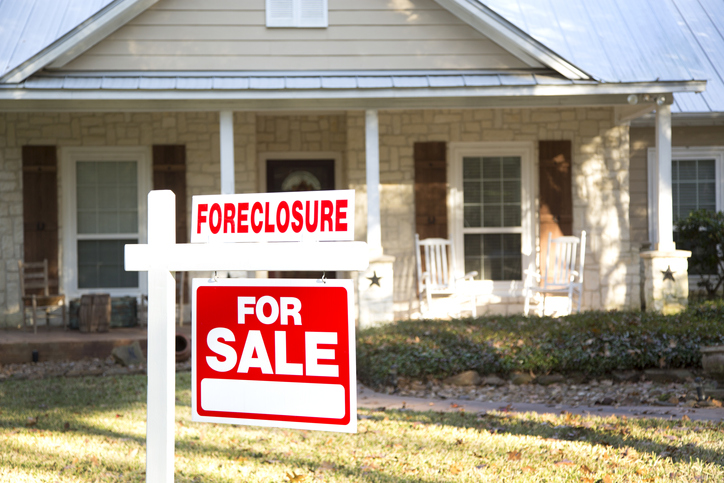Although an unfortunate and stressful situation to be in, foreclosure is not an uncommon circumstance. When a homeowner is not able to pay their mortgage or otherwise defaults on the provisions of their loan, the lender will remedy the loan by recovering it another way – usually, through the sale of the property. This is the process of foreclosure. Although the ins and outs are a little different as circumstances vary, the gist of the situation is your home being repossessed and sold if the loan is not otherwise recovered.
Foreclosure Does Not Equal the Loss of Your Home
Yes, foreclosure is a terrifying word to many. A long and drawn-out legal process that could result in you losing your home is not something that anyone wants to deal with – not even the lenders. So keep in mind that foreclosure may not be the final option if you are coming up short with mortgage payments, you always have the option to sell your house fast to an investor. The foreclosure process is costly for everyone involved, and more often than not, the lenders will seek other options before having to foreclose upon and sell the property in question. If you do not work with them and allow things to proceed without fighting back, then it’s likely that your home will be foreclosed upon. However, if you choose to seek other options and defend yourself in the foreclosure process, you may find yourself in a less sticky situation. If they can, lenders will likely help you to sort out a plan so that you can keep your mortgage – and your home.
If You Miss a Payment, Contact Your Lender
The most important thing to do is communicate with your creditors if missing your mortgage payments becomes an issue. Remember, they likely don’t want to start the foreclosure process either. If you are going to be late on a payment, it is far more likely that they will want to work with you to get back on track rather than immediately begin the necessary legal process.
Foreclosure Vs Power of Sale
In the provinces of Ontario, Newfoundland, New Brunswick and Prince Edward Island, there is another remedy called Power of Sale that is often favoured over foreclosure because it does not require the outright involvement of the judiciary system. Essentially, this is a fast-tracked process that allows a lender to immediately foreclose on and sell a property that is in default to make up the remaining balance of the loan. This process is usually wrapped up within 6 months, whereas a foreclosure can take a year or more to complete.
There are also different rules that a Power of Sale process must follow: generally speaking, the lender must sell the property at a fair market value rather than the steeply discounted price that many foreclosed homes go for. Further, the homeowner remains on the title and receives any profits accrued from the sale after deducting the remaining balance and any third-party fees, including real estate commissions.
A foreclosure is a much more complex and lengthy process to complete. It technically requires the lender to sue the homeowner and the courts to issue a unique judgement over the situation. This is where things can get complicated, as homeowners have a right to defend themselves and explain extenuating circumstances.
The Steps of Foreclosure
Regardless of the specifics, you can expect some variation of the following events to take place if you default on your mortgage. If it becomes apparent that you will not be able to provide the payments, it’s likely the lenders will want to sell your home fast.
- The lender will file an official statement against the borrower, detailing the default and beginning the process of the property title being transferred from the homeowner or borrower to the lender.
- The borrower will have time – usually, around 20 days – to officially file a response demonstrating their position on the claim, or a redemption period will officially begin.
- The property is appraised for its market value and this is provided officially to all parties. This is usually an affidavit and will include the amount that remains owing on the mortgage. It is at this point that the lender can begin to pursue remedies.
- Once all of these filings are complete and the necessary information has been provided, there is usually a redemption period in which the borrower is given time to remedy the payments they have missed as well as any fees that have accrued as a result of their defaulting. If they can pay during the redemption period, then the foreclosure is usually ceased.
- If the payments are not made within the redemption period, the property will be listed for sale. Once it is sold and the new home buyers take possession, the occupants generally have 30 days to vacate the property.
We hope that this article has provided you with some clarity on the process of foreclosure. Always seek legal advice for your specific situation.
